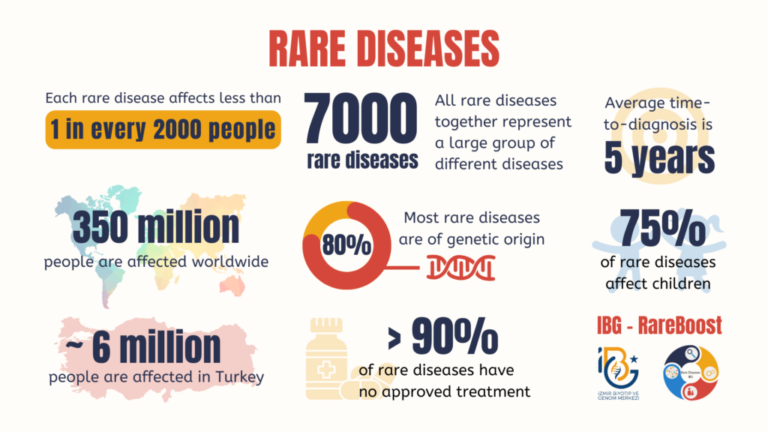In a groundbreaking webinar conducted by the Federation of Asian Biotech Associations (FABA)-US Chapter, Prof. Ramaiah Muthyala, President and Founder of the Indian Organization for Rare Diseases (IORD) and Research Associate Professor at the University of Minnesota, USA, delivered an inspiring address titled “The Global Burden of Rare Diseases: Issues and Challenges.”
The session brought into focus the critical and often overlooked public health crisis posed by rare diseases (RDs) in India, while exploring lessons from global practices, particularly those in the United States.
Rare diseases, though individually uncommon, collectively affect a staggering 70 million people in India and over 350 million worldwide. These conditions, often referred to as orphan diseases, present immense socio-economic and emotional challenges for patients and their families. The discussion underscored the urgent need for innovative policies, equitable healthcare frameworks, and collaborative efforts to address this escalating crisis.
Rare Diseases: A Global and National Perspective
Prof. Muthyala began by situating India’s rare disease challenges within a global context, highlighting disparities in healthcare access, costs, and policy implementation. In the United States, rare diseases have long been a focus of public health policy, with the Orphan Drug Act of 1983 catalyzing significant progress in research, drug development, and patient advocacy. This act incentivized pharmaceutical companies through tax credits, grants, and extended market exclusivity, leading to the approval of over 1,000 orphan drugs.Despite these advancements, the exorbitant costs of orphan drugs remain a critical issue globally.
In the US, therapies like Zolgensma (for spinal muscular atrophy) cost upwards of $2.1 million per patient, while daily medications for ultra-rare conditions can exceed $250,000 annually. Insurance coverage, though more accessible in high-income countries, often falls short, leaving many families financially devastated.In contrast, India grapples with even more significant challenges. While the country is a global hub for generic pharmaceutical production, it relies heavily on imports for rare disease drugs, which are often unaffordable. For instance, Trientine, a therapy for Wilson’s disease, costs ₹1.6 crore per year when imported, placing it out of reach for most Indian families, whose average monthly income is under $300.
India’s Rare Disease Landscape
India’s rare disease ecosystem remains nascent, with limited diagnostic infrastructure, underdeveloped registries, and fragmented policy implementation. Prof. Muthyala highlighted that only 14,994 cases have been recorded in the ICMR National Registry for Rare and Other Inherited Disorders, a fraction of the estimated burden. Diagnostic delays averaging 7-20 years further exacerbate patient suffering.While government initiatives like the National Policy for Rare Diseases (2021) have been introduced, progress has been slow. Prof. Muthyala pointed out that only 48.7% of allocated resources for Centers of Excellence (CoEs) were utilized between 2021 and 2024. Additionally, bureaucratic inefficiencies and a lack of centralized coordination have hindered the policy’s impact.
However, strides have been made, India now…
